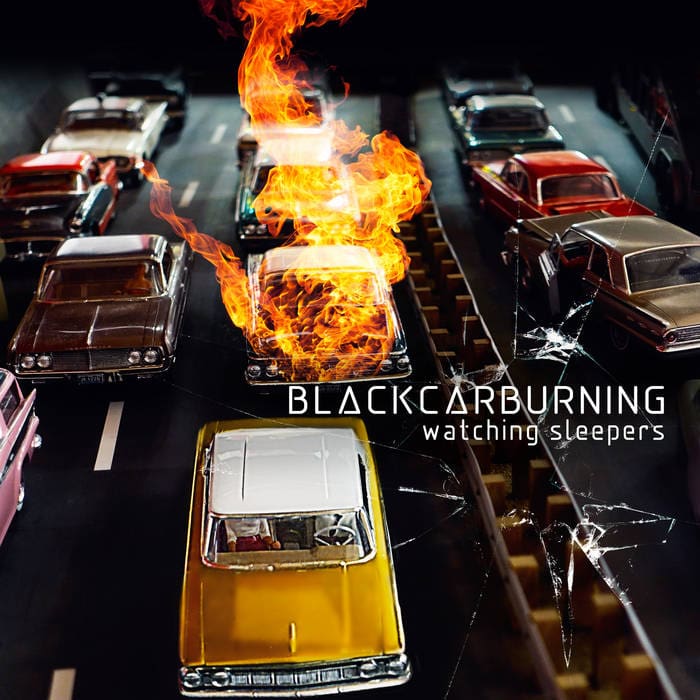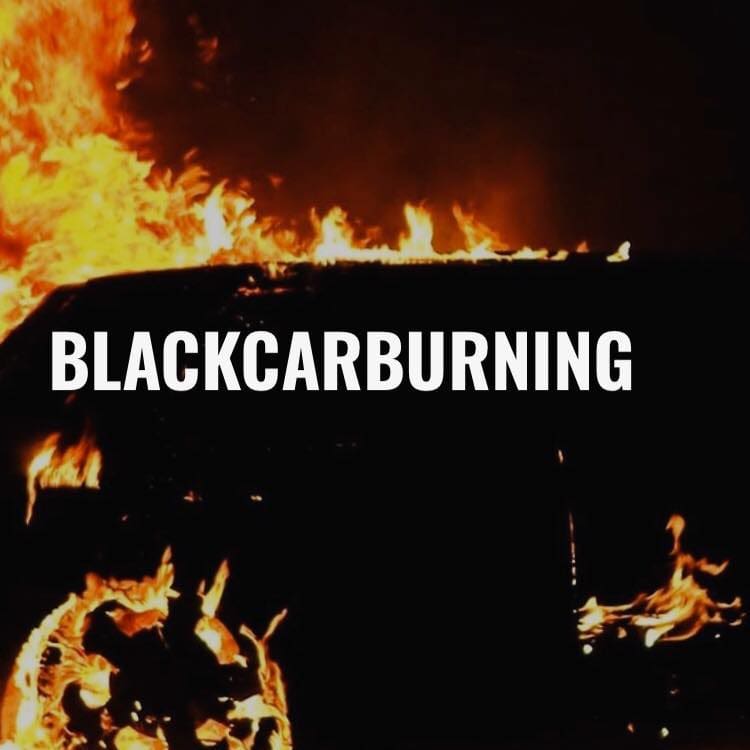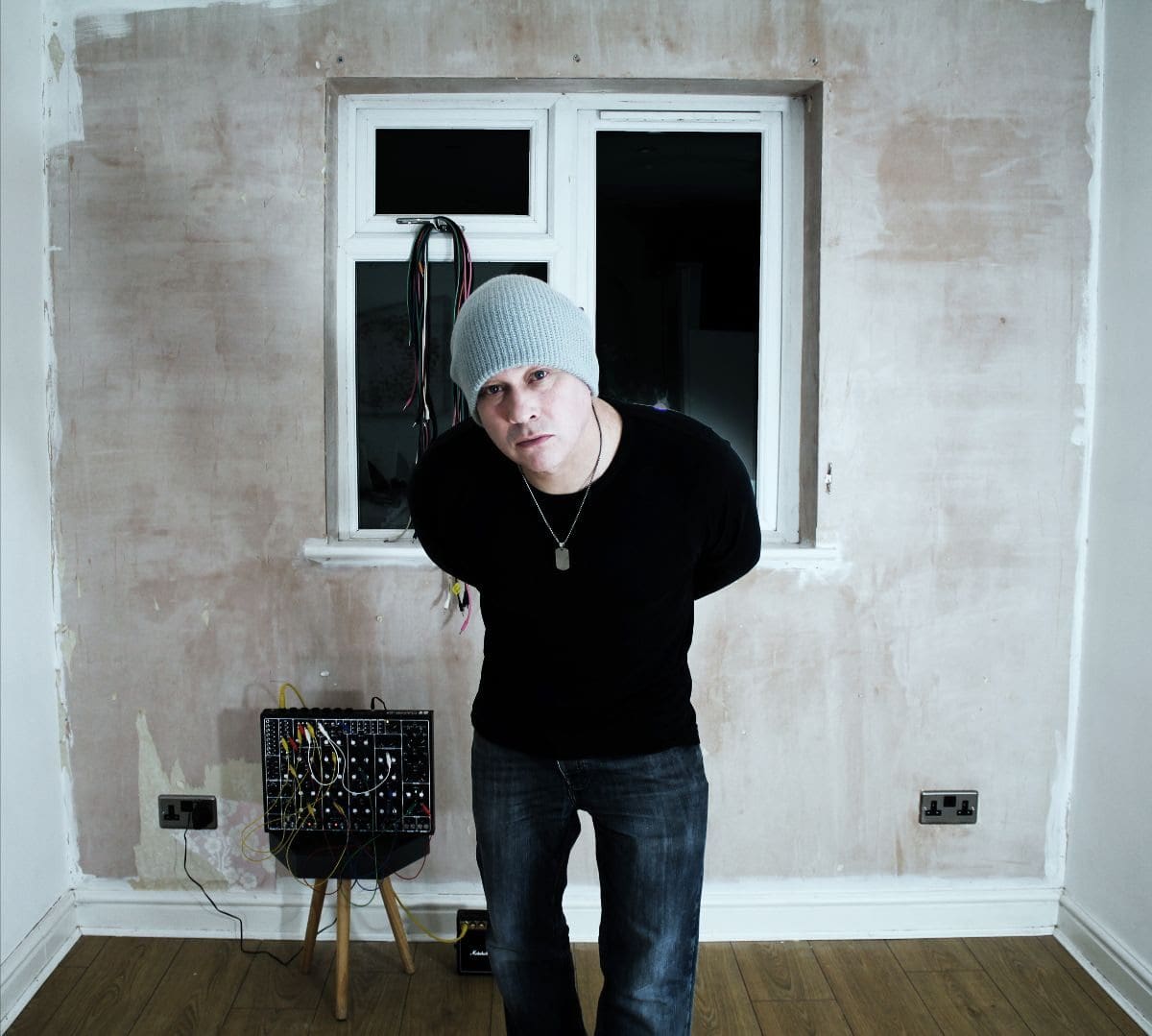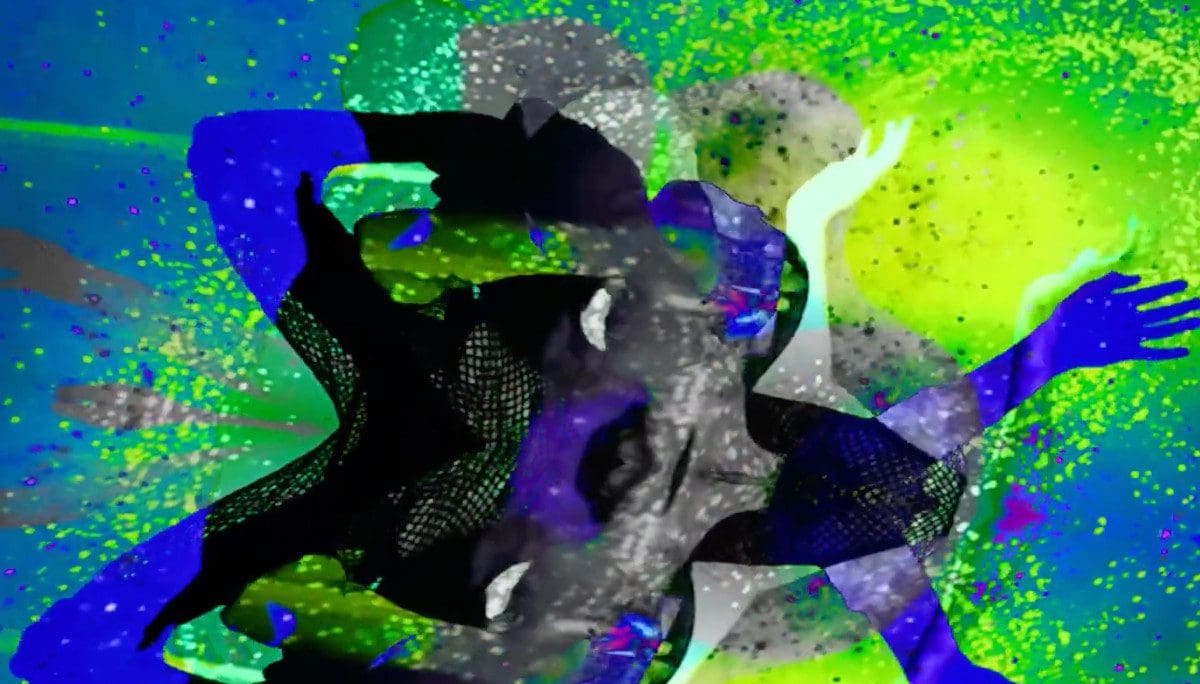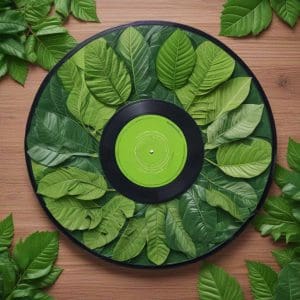Click Interview with Mark Hockings from Blackcarburning: ‘Moments Of Reflection, Anger, Sadness And Uncertainty’


Click Interview with Mark Hockings from Blackcarburning: ‘Moments Of Reflection, Anger, Sadness And Uncertainty’
We all know Mark Hockings as the singer of Mesh. Mark originally wanted to write his own music and finally, accidentally, became a singer. During the lockdown he started writing his own music and released a few singles. Blackcarburning was born and this year released the debut-album “Watching Sleepers” on COP International. Fourteen songs have been released featuring guest singers Neil Francis, Mari Katmann, Howie Venton and Janne Marvannen. “Watching Sleepers” sounds as pure Electro-Pop; a styled and alluring production for Mesh- and 80s fans.
(Courtesy by Inferno Sound Diaries)
Q: I got the feeling Blackcarburning was already spinning for a while in a corner of your mind so what have been the triggers to get it activated? And what kind of sound did you want to compose?
Mark: I’d been thinking about releasing something for a few years if I’m honest. It was going to be low level -maybe a few instrumentals. Nothing big, just something to scratch an itch I guess. I messed about with some music in the early days of the pandemic. Mesh were on a well-deserved break and I was building a proper studio in my house. I gave one of my ideas to Mari Kattman (who I’d worked with on a Mesh track and will appear on a future Mesh release) and I unexpectedly had a song. I just carried on writing really. I had enough tracks for a single, then two singles, then an EP, then the full album “Watching Sleepers”. There was such a momentum to it all and I felt like I’d tapped into a real vein of inspiration. It was very satisfying and unexpected.
Q: You for sure will be always connected to Mesh which makes the challenge to start a side/solo-project exciting, right? What did you experience as the pros and cons to release a solo-album? And what have been the biggest challenges and difficulties in the composition- & production process?
Mark: It has been a challenge overall, yes. There was a certain amount of pressure I guess, but that pressure didn’t come to the fore until the end of the process, when we were ready to release – that was “Judgement Day”. When you’re working on your own it requires an certain amount of discipline, self-motivation and confidence in your own abilities. I had to learn to be better at those things and from that respect it was certainly a life changing journey, about one I’m glad I put myself through. Many of the skills that I’ve left to other people (like final production, mixing, ‘editorial’ etc) I had to study and learn. Everything was down to me, and stopped with me.
Most of the challenges were indeed production based. I had to build a proper listening environment to mix in. It was ultimately a big investment in recording equipment, and an investment in time to learn how to use those tools. There were certain technical challenges recording guest vocalists -I didn’t want to just send files back and forward, but rather produce the singers ‘live’. I used a remote recoding solution called ‘VST Live’ where I could work with singers in real time. This was a game changer and ultimately the results were as good as anything I could have hoped for if we were all in the studio in person.
Q: Did you handle specific criteria and/or references in the achievement of this work plus the choice of guest singers?
Mark: Not really. I just wrote without any particular direction. Mesh has a ‘sound’, and together myself and Rich create something that is original but recognisable, but always a product of our combined skills. I was able to write without restriction because I had no audience to think of, and no expectations to live up to. This was liberating in most respects, and I think it allowed me to be more productive as every idea seemed to lead somewhere interesting.
The choice of singers varied depending on the track. With Mari, the choice was initially just shot in the dark to see what would happen. The first track with Neil Francis “Love In Control” was originally written for myself, but I didn’t think it sounded as good as it could, so I asked him to re-do it. The other tracks with Neil I wrote specifically with him in mind. With “Your Heart Is Like An Island”, I specifically wrote the track for Janne. So the approach varied.
Q: What is “Watching Sleepers” all about? And what has been the impact of the lockdowns to the writing and content of the album?
Mark: “Watching Sleepers” contains a lot of personal and social commentary from the last few years. A great deal happened to the World during the time of the album writing, and that spilled over into everyones personal lives, their mental well-being, their feelings of security and hopes for the future. I never specifically tried to write about that time, but I think it’s evident in the lyrics and feel. Moments of reflection, anger, sadness and uncertainty.
Q: What have been the different stages you’d to go through to achieve “Watching Sleepers”? And what did you keep in mind as the highlights of this entire process?
Mark: There were many stages to the writing of the album.
The most important part is getting the bulk of the album written -it’s an important framework around which to work and to understand what you have as a whole. This is the part I enjoy the most.
I would then focus on the production and editing -removing stuff that was surplus, that added nothing, was self-indulgent for just made the track longer than it needed to be. Everything should have a purpose, and if not it should be removed. It’s difficult to do sometimes as the removed parts could be 100’s of hours of work, but it’s necessary.
The final mixing is the last stage. Getting the album to sound like a real record. This is the most difficult stage but is also very satisfying if you get it right, which I think I did. I include pre-mastering, frequency analysis, loudness metering in this stage.
Of course there were other stages that were just as important -finding a great record label (COP International) and a publisher (Schubert) being the two biggest ones.
Q: I noticed the very specific artwork of your album -and singles, which seems directly connected to the name of your project. What is it all about and is there a connection with Helen Mort’s novel “Black Car Burning”?
Mark: All the artwork was done by myself. I was getting a little tired of heavily photoshopped artwork and decided to try a ‘back to basics’ and more natural approach. I bought 30 or 40 model cars and photographed them against backgrounds printed out on photographic paper. Each ‘diorama’ had some connection or theme relating to the song. I used some lights and coloured gels -nothing complicated. There is some colour correction on the images, but otherwise they are just as I shot them. It was quite a lot of work, but once I had the technique it got easier. Again, it was very satisfying to see the results, especially on physical media like CD’s.
I tend to write phrases and words in my phone when I hear something interesting. There was a book review on the radio of Helens novel and I wrote down ‘Black Car Burning’ in my phone. When I came to look for a band name this fitted perfectly. I must read the novel one day.
Q: What are your plans for Blackcarburning?
Mark: I would ultimately like to take Blackcarburning out touring. We are starting to look at this now, but no dates are decided yet. Hopefully late 2024. I will certainly be writing another full-length album and am hoping to fit this around the writing of the next MESH album.
Since you’re here …
… we have a small favour to ask. More people are reading Side-Line Magazine than ever but advertising revenues across the media are falling fast. Unlike many news organisations, we haven’t put up a paywall – we want to keep our journalism as open as we can - and we refuse to add annoying advertising. So you can see why we need to ask for your help.
Side-Line’s independent journalism takes a lot of time, money and hard work to produce. But we do it because we want to push the artists we like and who are equally fighting to survive.
If everyone who reads our reporting, who likes it, helps fund it, our future would be much more secure. For as little as 5 US$, you can support Side-Line Magazine – and it only takes a minute. Thank you.
The donations are safely powered by Paypal.

